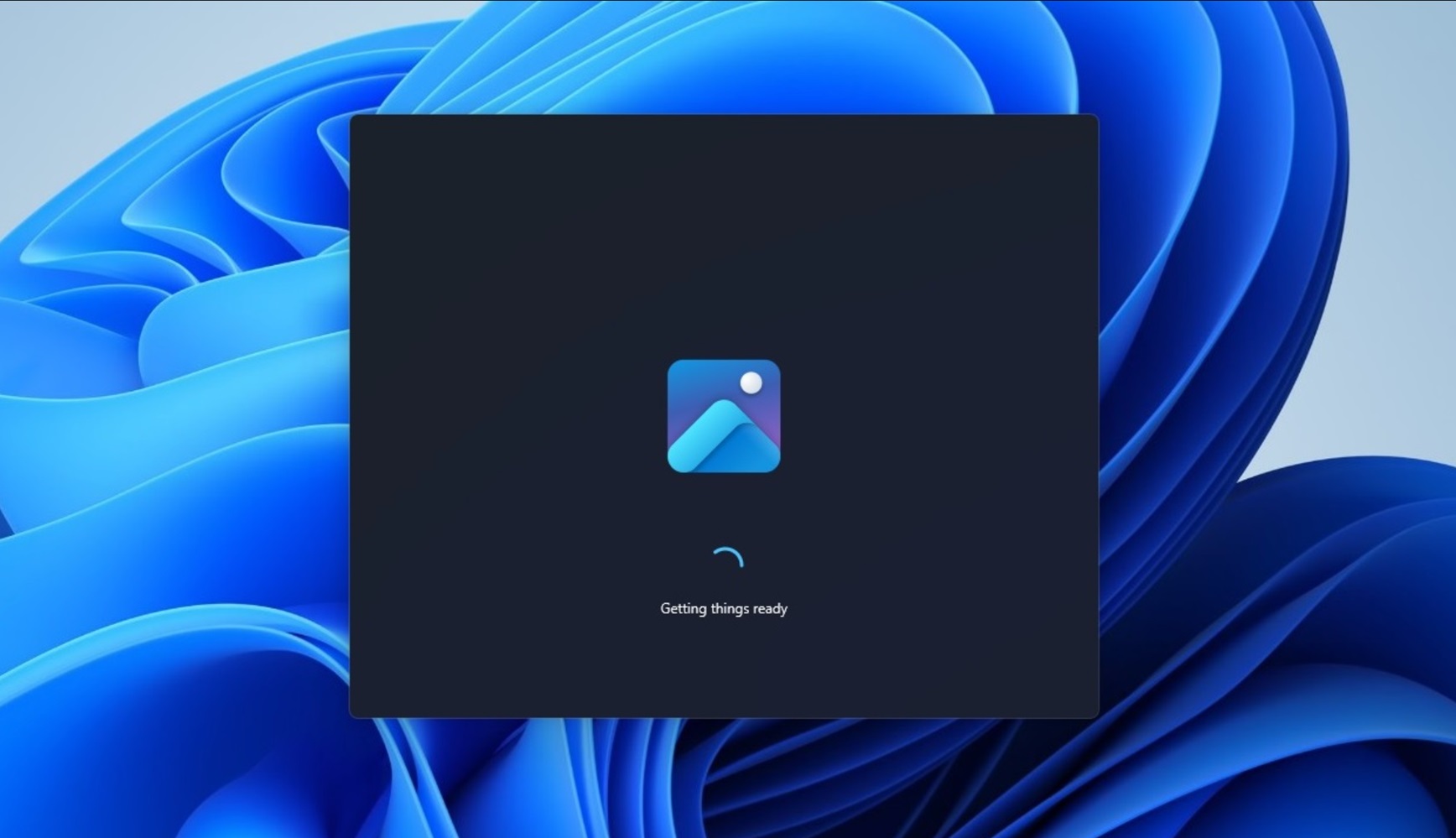Microsoft may have figured out a way to run Windows App SDK-based apps faster on Windows 11, with new tests showing up to a 50% reduction in load time and an 8x reduction in app size. However, results could vary, and not all apps would run faster.
For those unaware, Windows App SDK combines the best of Windows app development tools to bridge the gap between Win32 APIs and UWP APIs. It allows devs to use their prefered framework to build modern Windows apps. But there’s a catch – Windows App SDK-based apps can be slow to launch.
I’ve been complaining about WinAppSDK performance for a while now. In one of my recent articles, I pointed out the performance issues with Photos app or Phone Link app, particularly the “splash screen” that takes longer than usual to disappear. But I’m not the only one highlighting the performance issues with these modern apps.
Microsoft also acknowledged that its new Photos app is too slow to launch and the workaround is to automatically run the app in the background.
Other apps built with the Windows App SDK have been reported to run slowly in several ways. First, they can take longer to start up compared to older types of Windows apps.
Once the app is running, the interface might feel sluggish or unresponsive. Since these modern apps rely heavily on Microsoft Edge WebView, they may use more CPU power and memory than expected. There can also be delays when clicking buttons or navigating through the app.
While going through the support documentation, Windows Latest noticed a blog post dated September 6 that highlights the performance benefits of Windows App SDK version 1.6. This is now available for developers to try and test, and then update their apps.
According to Microsoft, Windows App SDK now supports “Native AOT”, which refers to native Ahead-Of-Time (AOT) compilation. That’s something only app devs can implement when compiling their apps. The updated apps have faster startup time, and they also consume less memory.
Initial tests show some interesting performance boosts, including:
- In early tests, Microsoft observed 50% faster launch time.
- App packages are now 8x smaller.
- Apps that use Windows App SDK in a self-contained mode are also two times smaller.
Native AOT support could be a big deal for Windows App SDK and modern Windows 11 apps, such as Photos and Phone Link.
It’s also important to note that Microsoft no longer bundles hard-coded Edge WebView2 SDK into Windows App SDK, which reduces size of apps. Instead, it uses NuGet to access Edge WebView2 SDK when needed.
These changes do not directly make apps faster on Windows 11, but as and when Microosft and other devs start using WinAppSDK 1.6 with native AOT, you’ll notice faster performance, including reduced memory usage.






